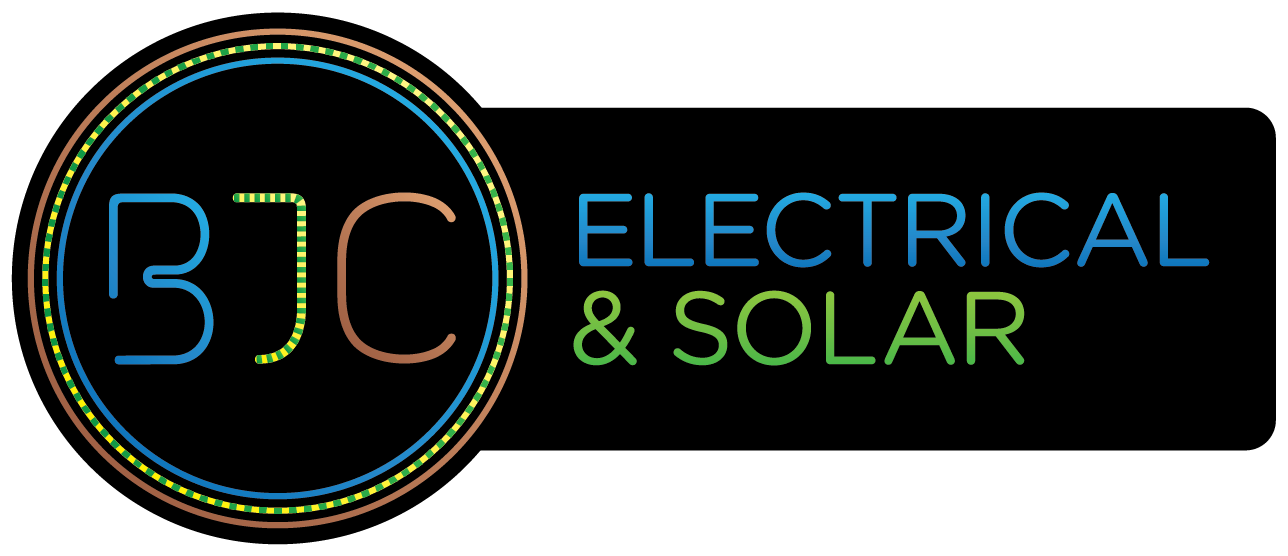Standard Installation £999 plus VAT
- Wall Connector can provide up to 22 kW / 32 amp output.
- Wall Connector is compatible with most EVs
- Customisable power levels on a range of grid connection and amperage.
- Wifi connectivity and Tesla App to control, schedule, update and get data on your Wall Connector.
- Domestic and commercial use warranties.
- Access Control gives you full control over which vehicles are allowed to charge with your Wall Connector.
- Indoor or outdoor mounting.




